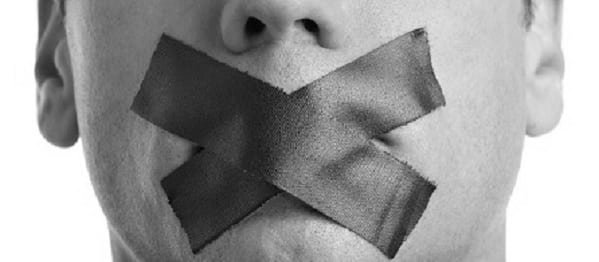
The Maharashtra government is going to make a new law, which will prevent any person or organization from speaking against the government on any subject. The last date for submitting objections and suggestions regarding this law is April 1, 2025. Although the proposed law is called the ‘Maharashtra Special Public Safety Act’, it cannot be said to actually ensure public safety. In fact, it goes against some fundamental values. The law defines ‘unlawful act’ as: Any intention or action of a person or organization that endangers public order and peace or stability. Any action that interferes with the administration of justice, legally established institutions or government employees. Any attempt to create fear by using criminal force or threats against any public servant, including the forces of the State or Central Government, when they are exercising their lawful power. Involvement in or promotion of violence, destructive acts or any activity likely to create fear and terror among the public. Use of arms, explosives or other dangerous means, as well as obstruction of transport networks such as railways, roads, air or waterways. Encourages disobedience to established laws or institutions established under law. Collects money or materials for the purpose of committing any of the above illegal acts. Actions taken physically, by spoken or written words, gestures, visual representations or by any other means will fall within the ambit of this Act.
The definition of ‘unlawful organisation’ in the Bill means a group which is involved in illegal acts. Insists, aids, supports or promotes illegal acts directly or indirectly by any means or manner. Any person who is a member of an illegal organization, participates in its meetings or donates to or accepts donations from such organizations can be punished with a fine of three years or three lakh rupees. This law gives the administration so many powers that it can take strict action against individuals and organizations on suspicion. This can give the monarchy a free hand to trample on the fundamental rights of the people. It can ban voices of dissent and organizations by declaring them illegal. Criticism of government policies or peaceful protests can be classified as illegal acts. The provisions of the law can restrict fundamental rights like freedom of expression, right to form an organization and right to a fair trial.
Chief Minister Devendra Fadnavis, while introducing the bill in the Assembly on December 18 last year, had said that this bill is not to suppress genuine dissent, but to eliminate the strongholds of ‘urban Naxals’. The term ‘urban Naxal’ is often used by Prime Minister Narendra Modi to refer to sympathisers of the Congress and other parties. The bill is being opposed in the state. Nationalist Congress Party leader Supriya Sule has compared it to the Rowlatt Act of the British colonial period and termed it a violation of the basic principles of the Constitution. The people of Maharashtra are already raising their voices against it, the people of other states should also raise their voices, because if one BJP government gets it passed, other BJP governments will also copy it.








